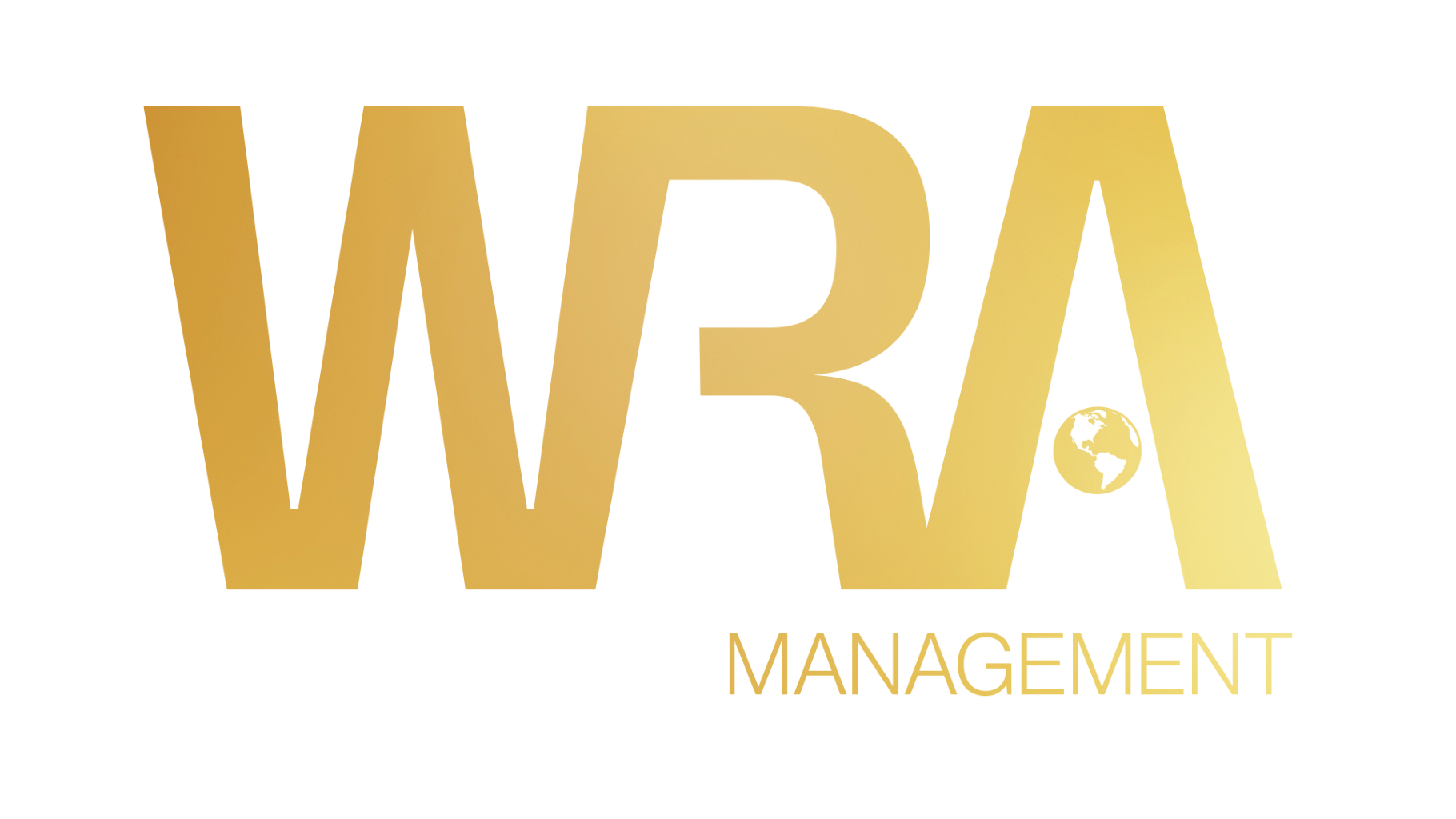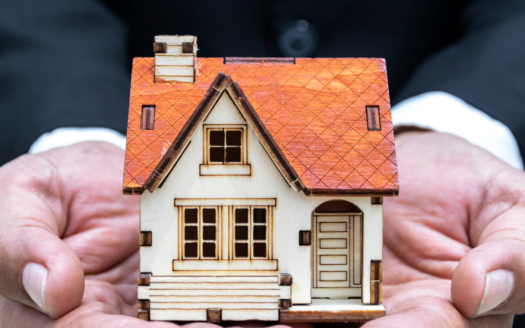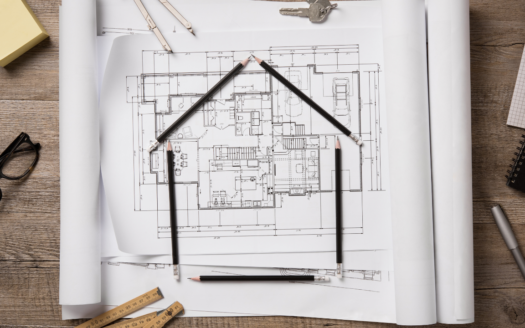How to Prepare for a Hurricane in Florida
Hurricane in Florida
Florida, known for its beautiful beaches and sunny weather, is also infamous for its hurricane season. Preparing for a hurricane is crucial for residents to ensure their safety and minimize damage. This comprehensive guide provides detailed steps and resources to help you prepare for a hurricane in Florida.
Understanding Hurricanes

Definition and Characteristics
A hurricane is a type of tropical cyclone characterized by strong winds, heavy rain, and thunderstorms. Hurricanes form over warm ocean waters and can cause widespread destruction when they make landfall.
Categories of Hurricanes
Hurricanes are classified into five categories based on their wind speeds, with Category 1 being the least severe and Category 5 being the most catastrophic.
Historical Hurricanes in Florida
Florida has experienced numerous devastating hurricanes, such as Hurricane Andrew in 1992 and Hurricane Irma in 2017. Understanding past hurricanes helps in better preparation for future events.
Hurricane Season in Florida
Timeframe of Hurricane Season
Hurricane season in Florida runs from June 1 to November 30, with the peak occurring between August and October.
Climate and Weather Patterns
Florida’s warm climate and location make it susceptible to hurricanes. Monitoring weather patterns during hurricane season is essential for timely preparation.
Risks and Impacts of Hurricanes
Physical Damage to Property
Hurricanes can cause extensive damage to homes, buildings, and infrastructure through high winds and flooding.
Health Risks
Floodwaters and debris can lead to injuries, infections, and waterborne diseases. It’s crucial to take health precautions during and after a hurricane.
Economic Impacts
Hurricanes can disrupt local economies, causing significant financial losses due to property damage, business closures, and recovery costs.
Hurricane Preparedness Plan
Importance of a Preparedness Plan
Having a well-thought-out plan ensures that you and your family know what to do before, during, and after a hurricane.
Steps to Create a Plan
- Assess Risks: Identify the risks in your area.
- Create a Communication Plan: Ensure everyone knows how to stay in touch.
- Develop an Evacuation Plan: Know your evacuation routes and destinations.
- Prepare Your Home: Secure your property against potential damage.
- Assemble Emergency Supplies: Gather necessary supplies in advance.
Emergency Supplies Kit

Essential Items to Include
- Water (1 gallon per person per day for at least three days)
- Non-perishable food
- Battery-powered or hand-crank radio
- Flashlight and extra batteries
- First aid kit
- Medications
- Personal hygiene items
- Copies of important documents
- Cash and change
Maintaining and Updating the Kit
Regularly check and update your emergency supplies to ensure everything is in working order and not expired.
Home Preparation
Securing Windows and Doors
Install storm shutters or board up windows to protect against flying debris. Reinforce doors and garage doors to withstand high winds.
Roof and Structure Maintenance
Inspect and repair your roof and structure to ensure they can withstand a hurricane. Clear gutters and downspouts to prevent water damage.
Landscaping Tips
Trim trees and shrubs to minimize the risk of branches breaking and causing damage. Secure outdoor furniture and other loose items.
Evacuation Plan
When to Evacuate
Follow local authorities’ advice on when to evacuate. Evacuate early to avoid getting caught in heavy traffic.
Routes and Destinations
Plan your evacuation route and have multiple destinations in mind. Avoid low-lying areas prone to flooding.
Communication Plan
Keep in touch with family and friends to let them know your status and location. Have a backup plan in case of communication failures.
Legal Considerations

Florida Real Estate Laws
Understanding Florida’s real estate laws is essential for property owners and investors. This includes regulations on property transactions, zoning, and land use.
Landlord-Tenant Laws
Florida’s landlord-tenant laws govern the rights and responsibilities of both parties, covering aspects like lease agreements, security deposits, and eviction processes.
Tax Implications for Property Owners
Property owners must navigate various tax implications, including property taxes, capital gains taxes, and tax deductions related to property expenses.
Insurance and Legal Considerations
Types of Insurance
Ensure you have adequate homeowners, flood, and windstorm insurance. Review your policies to understand what is covered.
Reviewing and Updating Policies
Regularly review and update your insurance policies to reflect current values and risks.
Legal Documents to Secure
Keep copies of important legal documents, such as identification, insurance policies, and property records, in a safe and accessible place.
Community Resources and Assistance
Local and State Resources
Familiarize yourself with local and state resources, such as emergency shelters and evacuation routes.
Federal Assistance Programs
Know how to access federal assistance programs, such as FEMA, for disaster relief.
Community Support Networks
Engage with community support networks for help and information before, during, and after a hurricane.
Health and Safety Measures
Staying Healthy During a Hurricane
Stay hydrated, eat balanced meals, and get adequate rest. Follow safety guidelines to avoid injuries.
First Aid Tips
Keep a well-stocked first aid kit and know basic first aid procedures. Treat injuries promptly to prevent complications.
Dealing with Stress and Anxiety
Hurricanes can be stressful. Practice stress-relief techniques and seek professional help if needed.
Protecting Important Documents
Documents to Safeguard
Safeguard important documents like birth certificates, passports, insurance policies, and property records.
Methods of Protection
Store documents in waterproof and fireproof containers. Consider digital backups in a secure location.
Technology and Communication

Keeping Informed During a Hurricane
Stay updated through reliable sources like NOAA, local news, and weather apps. Use a battery-powered radio if power is out.
Backup Power Solutions
Invest in backup power solutions like generators and power banks to keep your devices charged and stay connected.
After the Hurricane
Returning Home Safely
Wait for the all-clear from authorities before returning home. Be cautious of hazards like downed power lines and debris.
Assessing and Documenting Damage
Document damage with photos and videos for insurance claims. Make a list of damaged items and their estimated value.
Cleanup and Repairs
Prioritize cleanup and repairs to prevent further damage. Seek professional help for major repairs.
Learning from Past Hurricanes
Case Studies of Past Hurricanes in Florida
Study past hurricanes to understand their impact and improve future preparedness.
Lessons Learned
Apply lessons learned from past experiences to enhance your hurricane preparedness plan.
Innovations in Hurricane Preparedness
Latest Technologies and Tools
Explore the latest technologies and tools designed to improve hurricane preparedness, such as advanced forecasting models and communication devices.
Future Trends
Stay informed about future trends in hurricane preparedness to ensure you are ready for upcoming challenges.
FAQ
What should I do if a hurricane is approaching?
Follow your preparedness plan, secure your home, and evacuate if advised.
How can I protect my home from hurricane damage?
Secure windows and doors, maintain your roof, and remove potential hazards from your yard.
What items should be in my emergency kit?
Water, non-perishable food, flashlight, batteries, first aid kit, medications, important documents, and cash.
How do I stay informed during a hurricane?
Use reliable sources like NOAA, local news, and weather apps. Have a battery-powered radio as a backup.
What should I do after a hurricane?
Return home safely, document damage, and begin cleanup and repairs.



